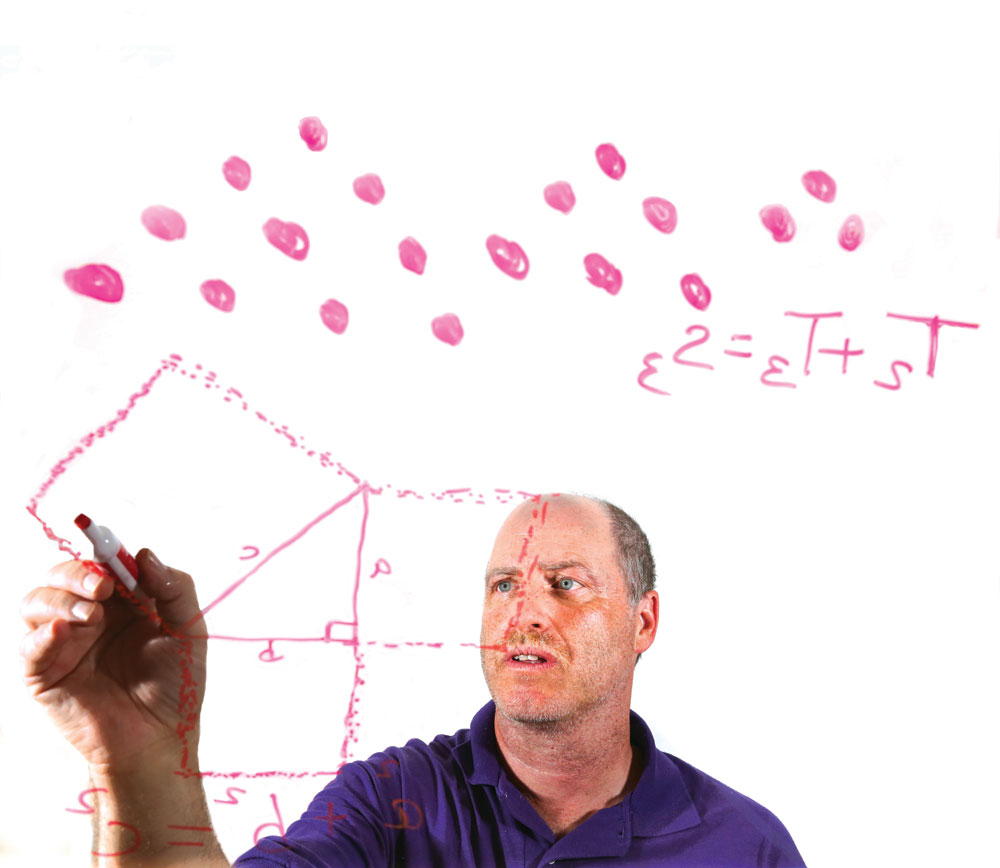Math in the United States is surrounded by myths. Consider the following:
- You are either a “math” person or you are not.
- Boys are better at math than girls.
- You need to do math quickly.
- You must know your times tables before you can do algebra.
The truth is:
- There is no “math” gene. With hard work, everyone can be good at math.
- There is no evidence that boys are better than girls at math.
- Some of the best mathematicians are not fast at calculations—they take a long time to think about problems.
- Just as students starting music lessons play simple songs at the same time they are learning the scales, they can learn the concepts of algebra even if they don’t yet know all their times tables.

The rapid rate of technological change means many of the jobs that will exist in 20 years have not yet been created—so our children need to be prepared for a future that is largely unknown today. As a result, instruction is shifting from rote memorization to reasoning and problem solving that helps students make sense of complex concepts. This is especially true in mathematics education.
Brain Research Sheds Light on Learning
Just as you would not take your child to a physician who was using only knowledge from 30 years ago, you would not want your child’s teacher utilizing outdated instructional methods. Brain research is helping us develop better ways of teaching. We have learned the brain is very good at recognizing patterns and that it connects new knowledge to previously learned knowledge. An amazing discovery made using MRIs shows that the brain forms new synapses when we make mistakes.
Research has also shown that when we demonstrate how math is relevant to our lives, there is greater engagement—making learning both easier and longer lasting.
Have a Growth Mindset
Social psychology research strongly suggests that one’s mindset is crucial for success in learning, especially math. In many Asian countries, the belief is anyone can succeed in math through hard work and effort. In the United States, people are very willing to say, “I am not a math person.” Productive struggle is helpful in learning. Just as one gets stronger by lifting successively heavier weights, one gets smarter working out ever-more challenging math problems. Parents can help their children by praising their efforts rather than saying, “Look how smart you are.”
Teaching and Learning Look Different Now
Math class is very different now than when today’s parents were in school. Students talk more as they explain how they got their answers. Elementary school students may be using algorithms that their parents were never taught.
What it means to be good at mathematics has expanded from an emphasis on rote skills and memorization to include problem solving, communicating ideas, and making sense of mathematics. Students still work alone at times, but they also share ideas with a partner or a group. Students are asked to write much more in math class to help them make sense of their ideas. Teachers don’t tell students how to solve problems; instead, they ask questions that guide the students toward understanding.
The new exams will be testing students’ reasoning skills and their ability to think quantitatively. Curricula have been developed to promote this method of teaching math. Research has shown that students learn just as much and do just as well in college as students using more traditional curricula. More importantly, many more students using the new curricula say they like math, feel successful, and remember what they’ve learned, even years later.
Tips for Parents
Parents often ask how they can support their children to be confident, successful math students. Here are some tips for guiding your children.
Ask your children what they struggled with that day. When asking your kids what mistakes they made, remind them their brains grow when mistakes are made.
Don’t say you weren’t good at math; it sends the message that your child does not have to be good at math.
When children claim they haven’t learned something, tell them, “You just have not learned it yet.” Create the mindset that learning takes time and results come with effort.
If students say they don’t know how to do a homework problem, ask them these questions: What is the question asking you to do? What do you already know? How are you going to start? Where are you stuck?
Have the kids keep up their thinking about math by playing games with dice, doing puzzles and riddles, measuring, and fair sharing (for example dividing six cookies among four people).
Mark Koester is a Stapleton resident, parent of two school-aged public school students, professor of mathematics at MSU Denver, a former math teacher, and a former director of mathematics in Denver Public Schools. Please send comments and questions to markkoester62@gmail.com.
Resources:
Jo Boaler – What’s Math Got to Do with It?
Hans Magnus Enzensberger – The Number Devil
Carol Dweck – Mindset




0 Comments